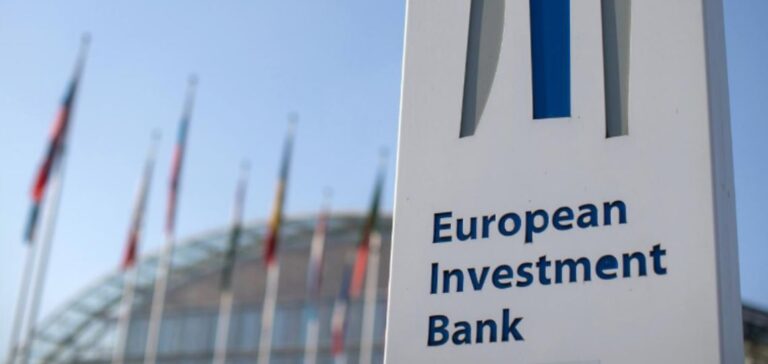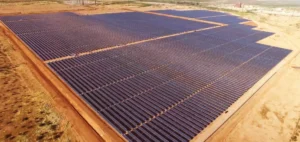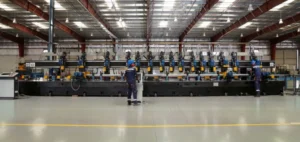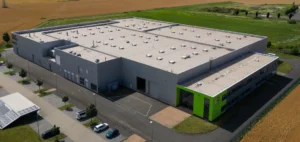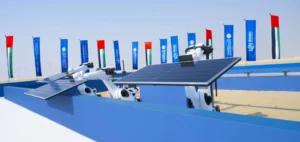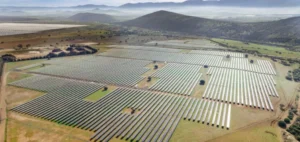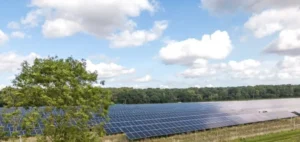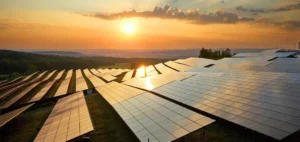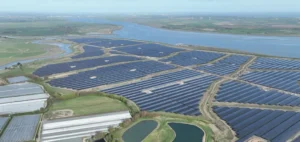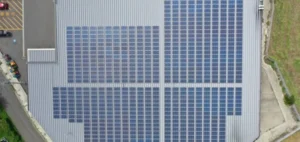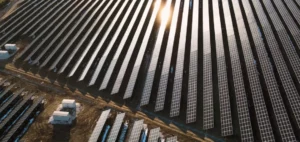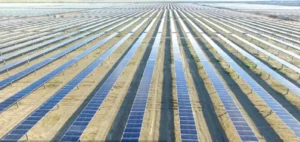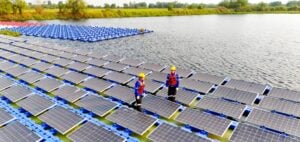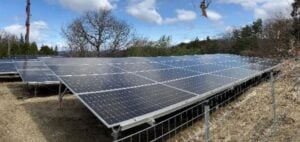The European Investment Bank (EIB), the world’s largest multilateral public bank, and Banco Santander (Brasil), the largest foreign bank in Brazil, have signed an agreement to promote the use of renewable energies in Brazil.
Agreement to promote renewable energies in Brazil
At the EU-CELAC Summit of Heads of State and Government and the EU-LAC Economic Forum, Ricardo Mourinho Félix, EIB Vice-President, and Carlos Rey de Vicente, Banco Santander Regional Manager for South America, signed a 300 million euro loan in Brussels on July 17, 2023. This initiative is part of the European Union’s global investment strategy. Its aim is to support infrastructure and improve global and regional connectivity. This concerns the digital, climate, transport, health, energy and education sectors.
“I am very pleased to announce this project with Banco Santander (Brasil), which will enable private sector investment in renewable energy, reduce carbon emissions and air pollution, and support additional renewable energy generation capacity in Brazil,” said EIB Vice-President Ricardo Mourinho Félix.
Crucial support for solar energy in Brazil
The loan will support the installation of small-scale self-consumption solar photovoltaic power plants in Brazil, mainly on rooftops, with a total capacity of around 600 MWp. These plants will be installed on homes and the premises of small and medium-sized businesses, thus contributing to climate action. What’s more, the project will have a double positive impact in Brazil. On the one hand, it will help the country meet its targets for increasing renewable energies. It will also support the implementation of its ten-year energy expansion plan. At the same time, the project will help to reduce carbon emissions and air pollution, thereby promoting energy efficiency.
The European Commission’s Commissioner for International Partnerships, Jutta Urpilainen, said: “This project will have a significant and positive impact for Brazilian families and small businesses. Through the EU Global Gateway Investment Agenda for Latin America and the Caribbean, we are committed to working together to promote fair, green and digital investments, and contribute to the achievement of the Sustainable Development Goals.”
Transition to solar energy: The key role of the EIB and Santander in Brazil
This operation aims to reinforce the EIB’s role as a global climate bank, with almost 80% of its total financing in Latin America in 2022 linked to climate action and environmental sustainability. This initiative also contributes to Santander’s climate strategy, which is committed to achieving carbon neutrality by 2050. By investing in sustainable initiatives in Brazil, such as this solar power project, Santander is actively supporting a green economy that is gearing up to face future challenges and that will deliver significant ecological and economic benefits to Brazilian families and businesses.
“This partnership with the EIB will help us continue our transition to a green economy prepared to meet the challenges of the future. In a large, sunny country like Brazil, solar power generation can play a fundamental role in our energy mix. With these resources, we will be able to give thousands of people and small businesses access to solar power, generating clean energy and savings for families across the country”, said Carlos Rey de Vicente, Banco Santander’s Regional Manager for South America.


